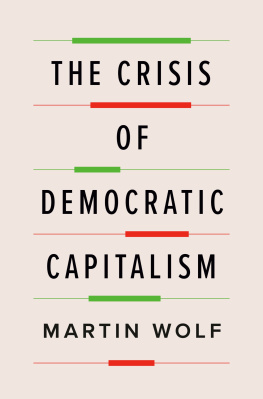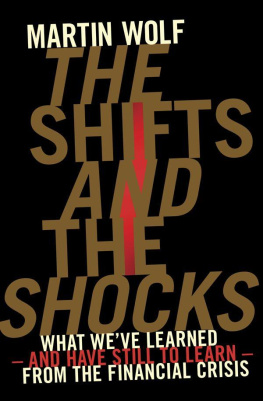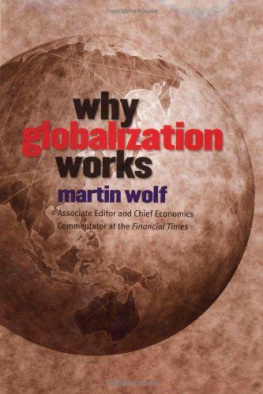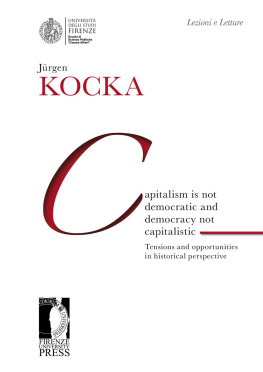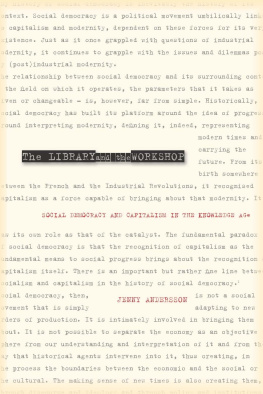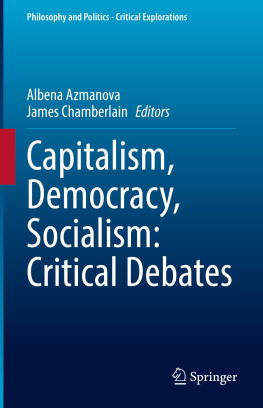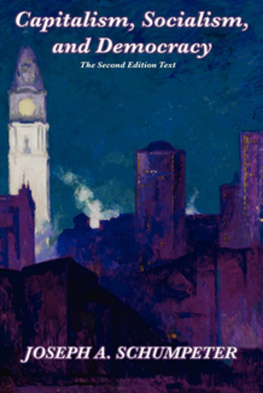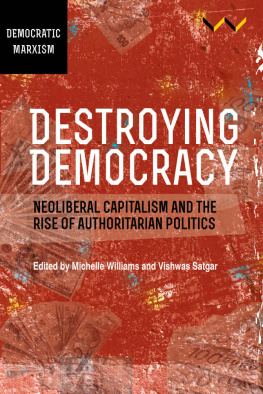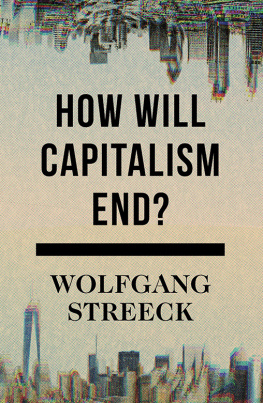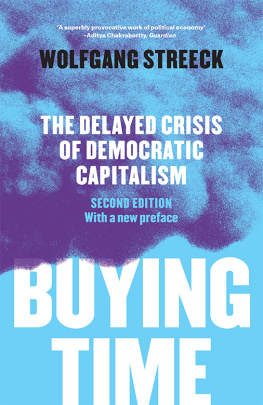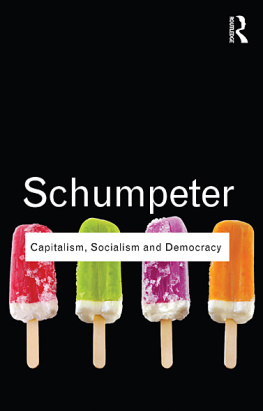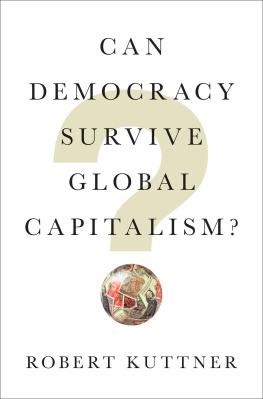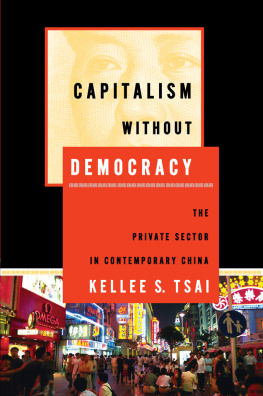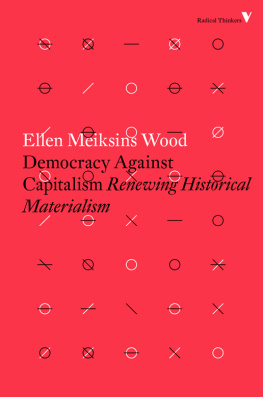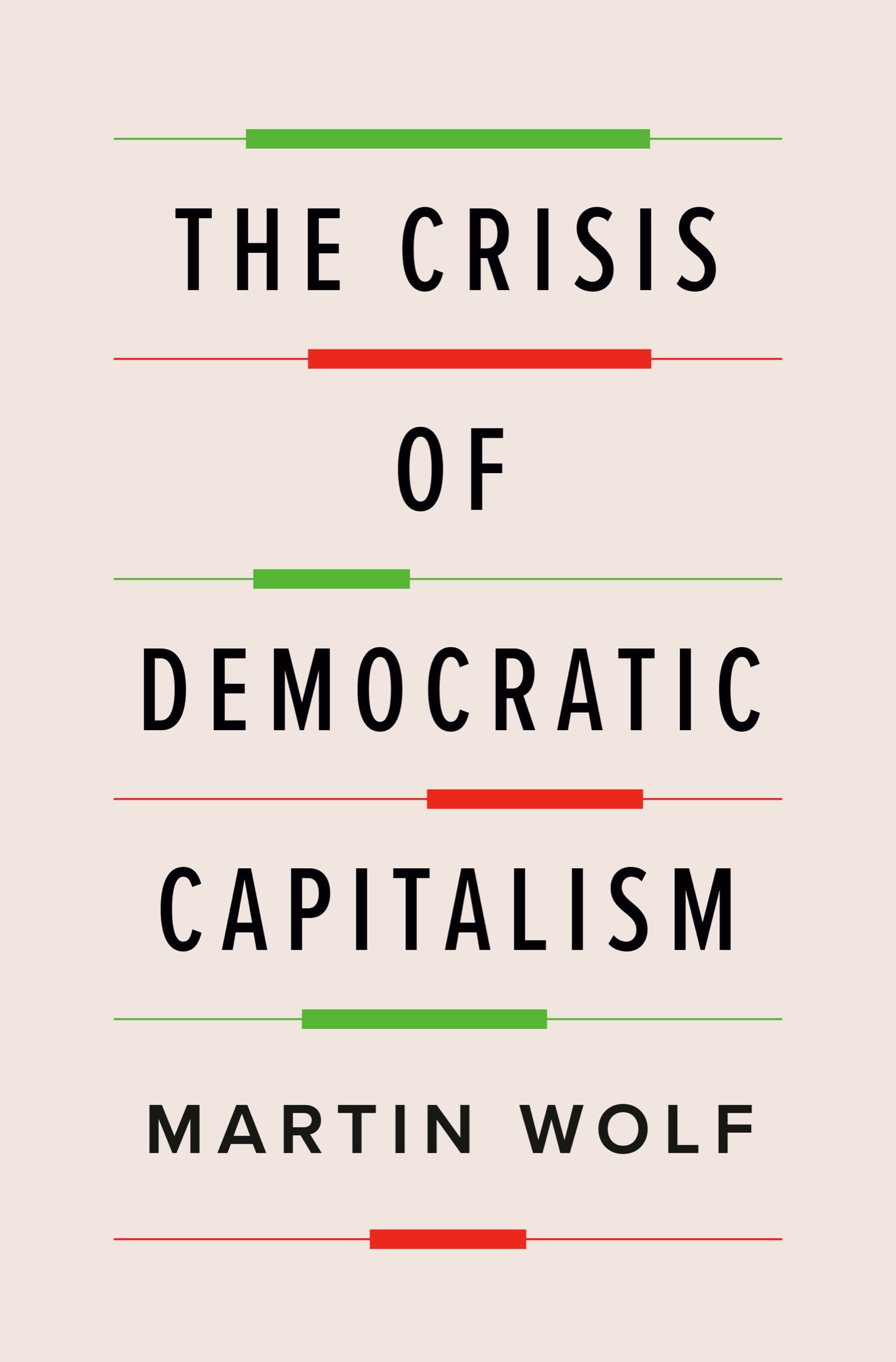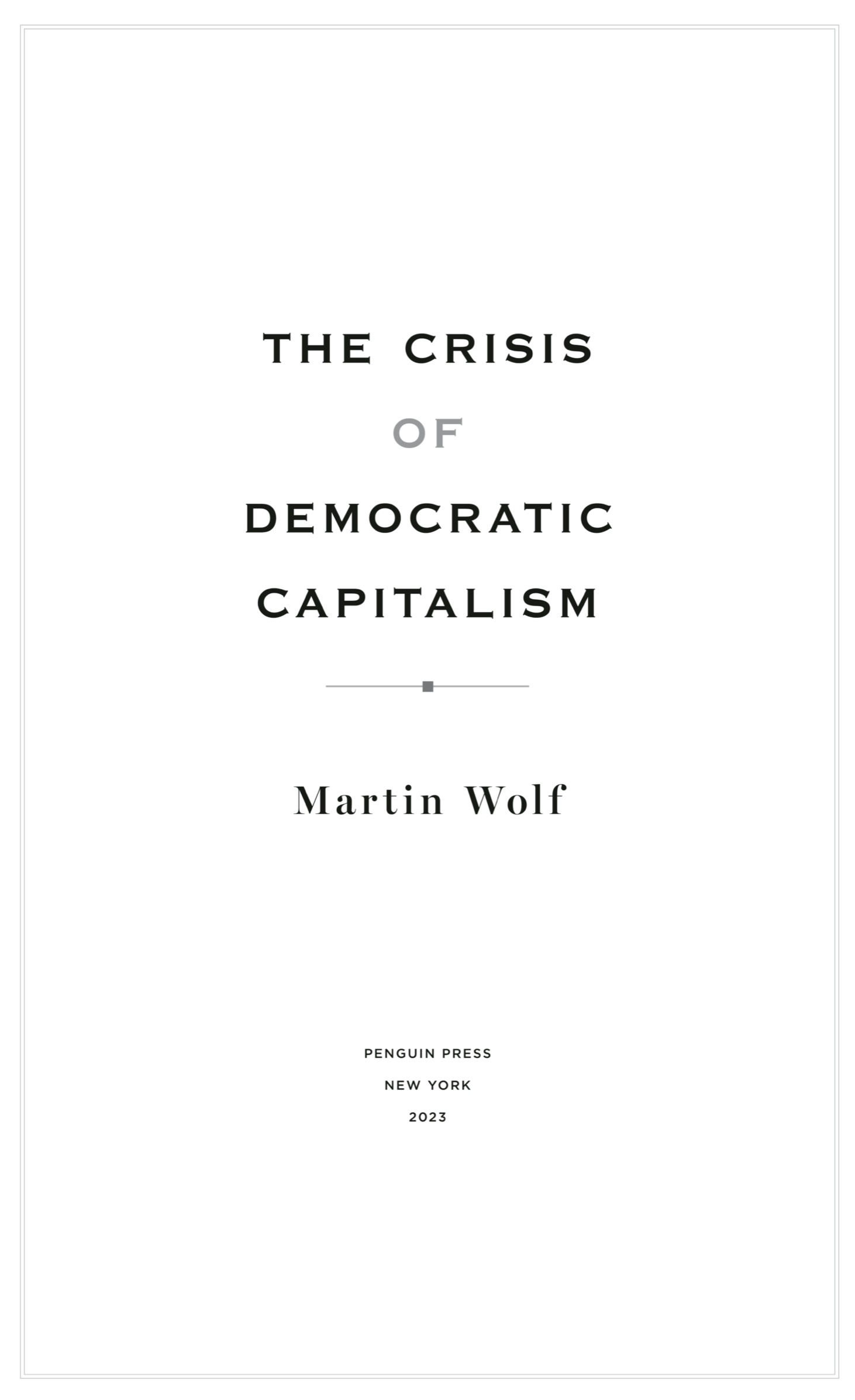Martin Wolf - The Crisis of Democratic Capitalism
Here you can read online Martin Wolf - The Crisis of Democratic Capitalism full text of the book (entire story) in english for free. Download pdf and epub, get meaning, cover and reviews about this ebook. City: New York, year: 2023, publisher: Penguin Press, genre: Science. Description of the work, (preface) as well as reviews are available. Best literature library LitArk.com created for fans of good reading and offers a wide selection of genres:
Romance novel
Science fiction
Adventure
Detective
Science
History
Home and family
Prose
Art
Politics
Computer
Non-fiction
Religion
Business
Children
Humor
Choose a favorite category and find really read worthwhile books. Enjoy immersion in the world of imagination, feel the emotions of the characters or learn something new for yourself, make an fascinating discovery.
- Book:The Crisis of Democratic Capitalism
- Author:
- Publisher:Penguin Press
- Genre:
- Year:2023
- City:New York
- Rating:3 / 5
- Favourites:Add to favourites
- Your mark:
The Crisis of Democratic Capitalism: summary, description and annotation
We offer to read an annotation, description, summary or preface (depends on what the author of the book "The Crisis of Democratic Capitalism" wrote himself). If you haven't found the necessary information about the book — write in the comments, we will try to find it.
Martin Wolf has long been one of the wisest voices on global economic issues. He has rarely been called an optimist, yet he has never been as worried as he is today. Liberal democracy is in recession, and authoritarianism is on the rise. The ties that ought to bind open markets to free and fair elections are threatened, even in democracys heartlands, the United States and England.
Around the world, powerful voices argue that capitalism is better without democracy; others argue that democracy is better without capitalism. This book is a forceful rejoinder to both views. Even as it offers a deep, lucid assessment of why this marriage has grown so strained, it makes clear why a divorce of capitalism from democracy would be a calamity for the world. They need each other even if they find it hard to life together.
For all its flaws, argues Wolf, democratic capitalism remains far and away the best system for human flourishing. But something has gone seriously awry: the growth of prosperity has slowed, and the division of its fruits between the hypersuccessful few and the rest has become more unequal. The plutocrats have retreated to their bastions, where they pour scorn on governments ability to invest in the public goods needed to foster opportunity and sustainability. But the incoming flood of autocracy will rise to overwhelm them, too, in the end.
Citizenship is not just a slogan or a romantic idea; its the only idea that can save us, Wolf argues. Nothing has ever harmonized political and economic freedom better than a shared faith in the common good.
This wise and rigorously fact-based exploration of the epic story of the dynamic between democracy and capitalism concludes with the lesson that our ideals and our interests not only should align, but must do so, for everyones sake. Democracy itself is now at stake.
Martin Wolf: author's other books
Who wrote The Crisis of Democratic Capitalism? Find out the surname, the name of the author of the book and a list of all author's works by series.

